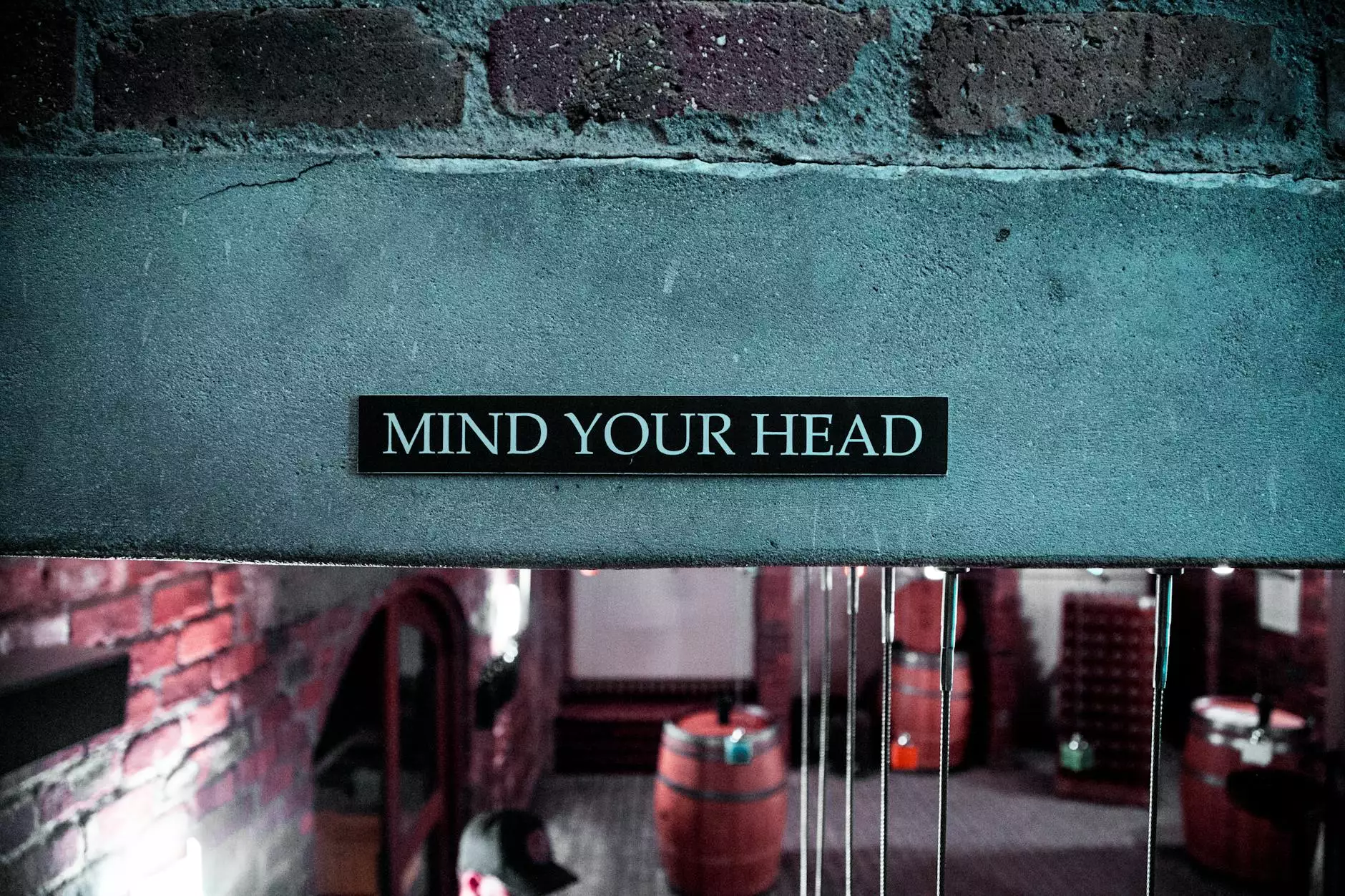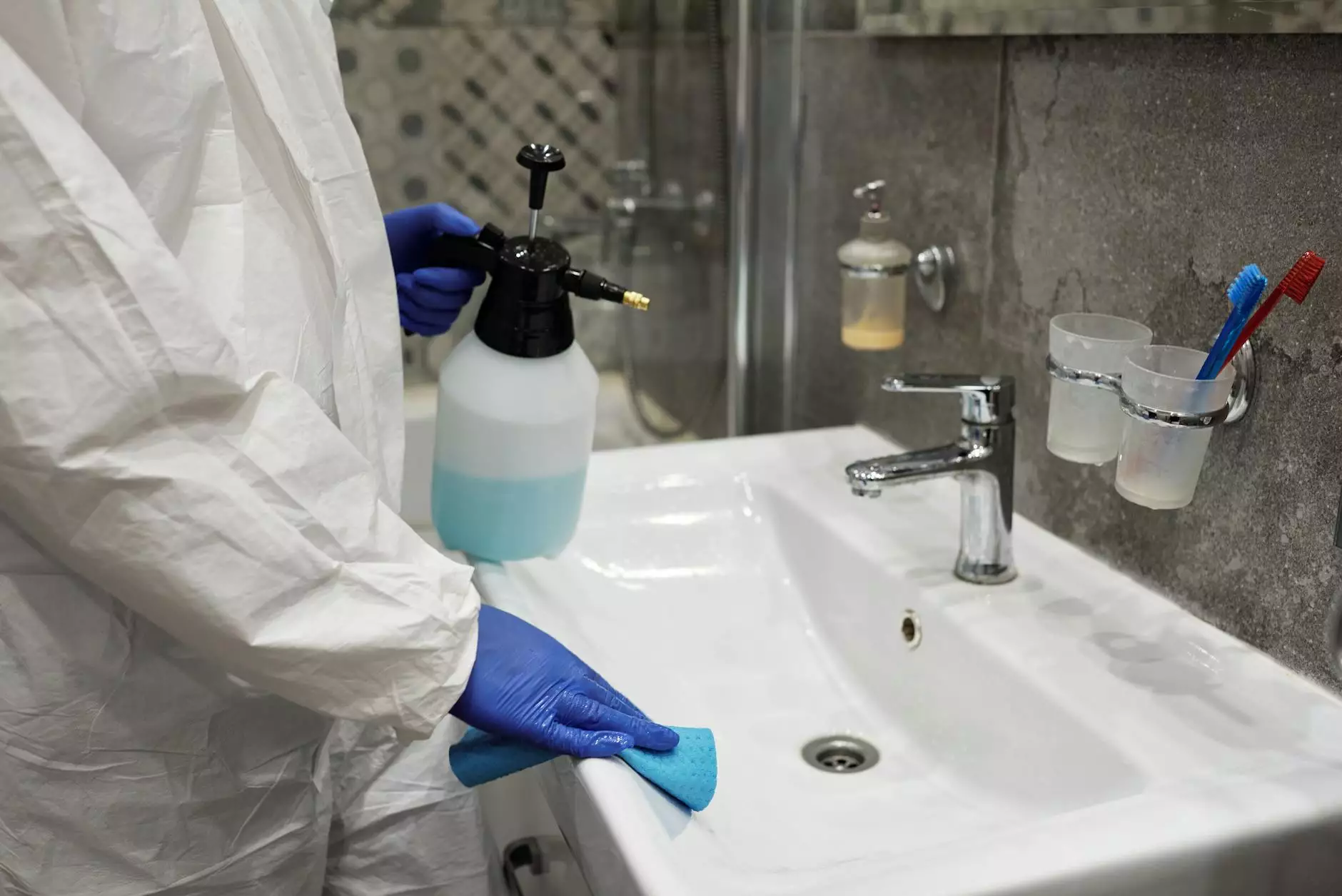Understanding Hysterectomy and Breast Cancer Risk

When discussing women’s health, one topic that often arises is the impact of surgical interventions such as hysterectomy on conditions like breast cancer. Many women considering or recovering from a hysterectomy have questions regarding their long-term health, particularly concerning their risk of developing breast cancer. In this detailed article, we will explore the intricate relationship between hysterectomy and breast cancer risk, aiming to provide clarity and insight on this crucial topic.
What is a Hysterectomy?
A hysterectomy is a surgical procedure that involves the removal of a woman’s uterus. This operation may be performed for various reasons, including:
- Chronic pelvic pain
- Heavy menstrual bleeding
- Uterine fibroids
- Endometriosis
- Uterine cancers
Depending on the specific circumstances, a hysterectomy may be total (removing the uterus and cervix) or partial (removing just the uterus). In some cases, and depending on the health of the patient, doctors may also remove the ovaries and fallopian tubes during the procedure, a process known as salpingo-oophorectomy.
The Breast Cancer Connection
Breast cancer is one of the most common cancers affecting women globally. It occurs when cells in the breast begin to grow uncontrollably, leading to the formation of tumors. Understanding the risk factors for breast cancer is essential, as it can guide preventive measures and treatment options. A crucial question arises: does a hysterectomy influence a woman's risk of developing breast cancer?
Research Findings on Hysterectomy and Breast Cancer
Studies examining the link between hysterectomy and breast cancer risk have produced several insights. Some of the key findings include:
- Hormonal Changes: A hysterectomy, particularly when accompanied by the removal of ovaries, significantly impacts hormonal levels. Estrogen plays a critical role in breast tissue development and growth, and changes in estrogen levels can influence breast cancer risk.
- Age Factor: The timing of a hysterectomy can affect breast cancer risk. Younger women undergoing a hysterectomy without ovarian removal may not show a significant increase in risk, while those who have their ovaries removed may experience a different outcome.
- Family History: Women with a strong family history of breast cancer may need to discuss with their healthcare providers how a hysterectomy fits into their personalized risk assessment.
Factors Influencing Breast Cancer Risk After Hysterectomy
Several factors can influence breast cancer risk post-hysterectomy:
- Type of Hysterectomy: The nature of the hysterectomy (total vs. partial, with or without oophorectomy) can influence hormonal balance in the body.
- Age at Surgery: Younger women may have a different hormonal response post-surgery compared to older women.
- Health History: Pre-existing conditions and family history can drastically affect individual risk levels.
- Post-Surgical Hormone Therapy: Whether or not a woman undergoes hormone replacement therapy (HRT) after a hysterectomy can also play a significant role in breast cancer risk.
Understanding Hormonal Replacement Therapy (HRT)
Hormone replacement therapy (HRT) is a common consideration for women who have undergone a hysterectomy, particularly if they have had their ovaries removed. HRT can help mitigate symptoms associated with menopause, such as:
- Hot flashes
- Night sweats
- Vaginal dryness
However, it is important to recognize that the use of HRT has been associated with both increased and decreased risks for certain cancers, including breast cancer. Thus, careful consideration should be given before starting HRT, and discussions with an obstetrician or gynecologist, such as those from Dr. Seckin’s practice, are vital for personalized care.
Statistics on Hysterectomy and Breast Cancer Risk
While the research on the relationship between hysterectomy and breast cancer risk is ongoing, some studies indicate:
- A reduction in breast cancer risk for certain groups when ovaries are preserved during hysterectomy.
- A potential increase in risk for women who undergo oophorectomy, particularly before age 45.
- Variability in risk based on individual health profiles, including genetic predispositions (such as BRCA mutations).
Taking Control of Your Health: Resources and Support
For women contemplating a hysterectomy or those who have undergone the procedure, understanding the nuances of breast cancer risk is paramount. Here are some important steps:
- Educate Yourself: Knowledge is power; familiarize yourself with your options and potential risks.
- Consult Healthcare Professionals: Speak with a qualified obstetrician or gynecologist, like those at Dr. Seckin's practice, to gain personalized insights and recommendations.
- Regular Screenings: Participate in regular breast cancer screenings and assessments based on your risk profile.
- Utilize Support Networks: Engage with support groups and online resources to connect with other women experiencing similar concerns.
Conclusion: Understanding Your Risks and Options
Deciding to undergo a hysterectomy is a personal and often challenging decision. Understanding the implications of hysterectomy and breast cancer risk is vital for informed decision-making. While evidence regarding this relationship is complex and evolving, it is clear that every woman's health journey is unique. Take charge of your health by staying informed, seeking expert guidance, and making choices that are best suited to your individual circumstances.
As we continue to learn more about women’s health, the importance of dialogue between patients and healthcare providers cannot be overstated. Dr. Seckin is committed to providing comprehensive care and support for women navigating their health issues and choices.









